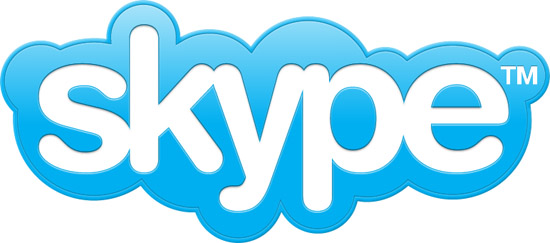
In 2011, Microsoft and Nokia entered into a “strategic alliance” that formally made Windows Phone Nokia’s “principal smartphone strategy.” Two years later, Microsoft is acquiring “substantially all of Nokia’s Devices & Services business, license Nokia’s patents, and license and use Nokia’s mapping services.” MSFT is ponying up 5.44 billion euros (or $7.2 billion) to gobble up virtually all that is Nokia: 3.79 billion euros ($4.99 billion) grants Microsoft Nokia’s business and another 1.65 billion euros ($2.18 billion) allows the Windows company access to Nokia’s patents.
Says Microsoft CEO Steve Ballmer (pictured above, left): “It’s a bold step into the future – a win-win for employees, shareholders and consumers of both companies. Bringing these great teams together will accelerate Microsoft’s share and profits in phones, and strengthen the overall opportunities for both Microsoft and our partners across our entire family of devices and services. In addition to their innovation and strength in phones at all price points, Nokia brings proven capability and talent in critical areas such as hardware design and engineering, supply chain and manufacturing management, and hardware sales, marketing and distribution.”
It makes sense–Nokia has been hard at work pushing the Windows Phone mobile OS with their lineup of Lumia smartphones. Once this acquisition completes (it’s expected to sometime in 2014) their strategic alliance will grow into a full-blown marriage and the synergy between the two companies should result in a more streamlined product and services lineup.
Nokia’s CEO Stephen Elop (pictured above, right) has stepped down from his post and is currently being vetted to take over as Microsoft’s head honcho when Ballmer exits next year.










